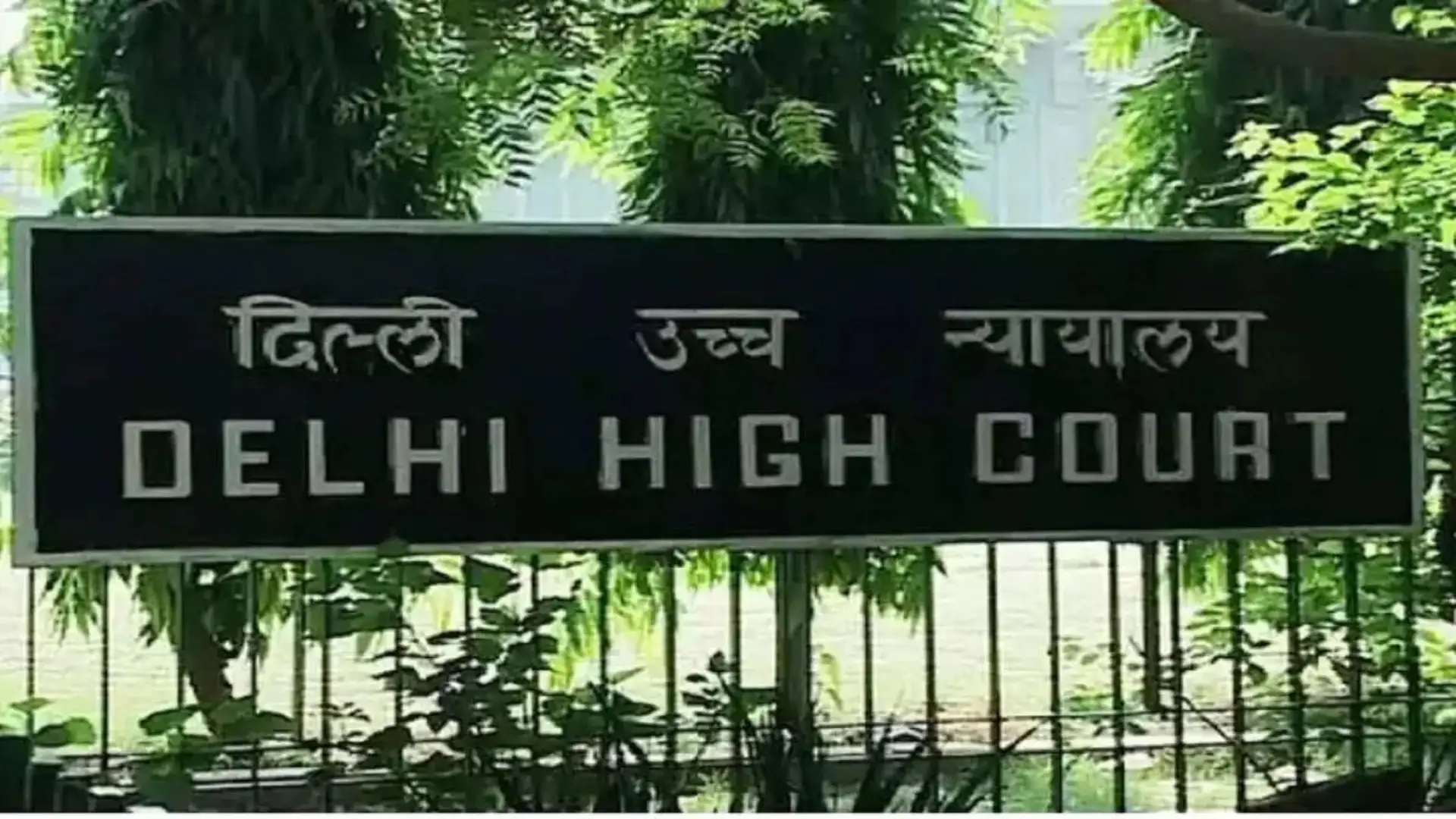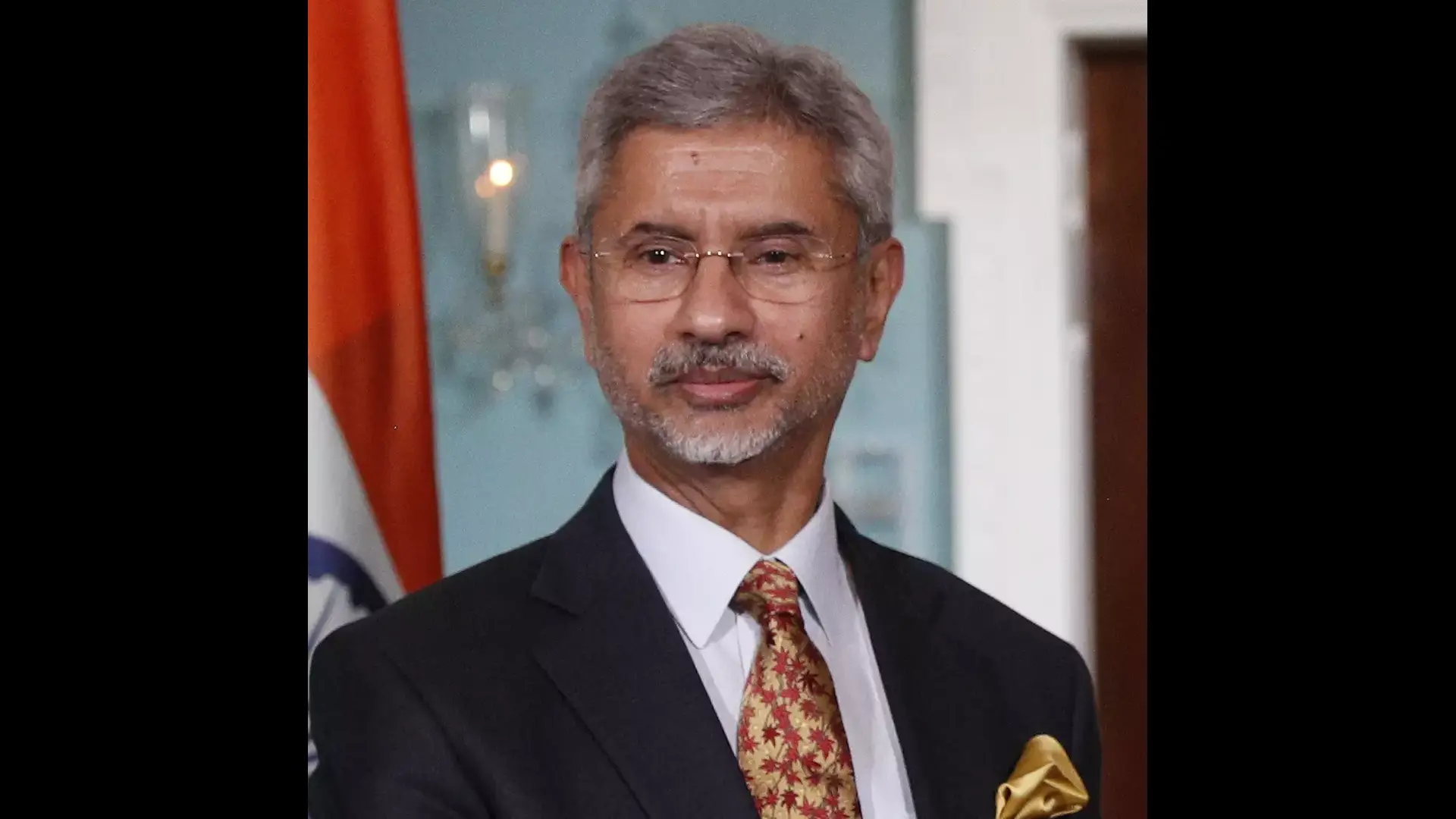The Delhi High Court recently raised questions on the maintainability of a plea seeking a CBI investigation into alleged corruption linked to donations made through electoral bonds. The petition, brought forward by RTI activist Sudip Narayan Tamankar, argued that the electoral bond scheme facilitates quid pro quo between political parties, corporations, and government officials, leading to corruption and lack of transparency in political funding. The court noted that the petitioner had already approached the Supreme Court, which had ruled in August that individual grievances should be pursued through existing legal remedies.
The Electoral Bond Scheme, introduced in 2018, allows individuals and corporate entities to donate to political parties anonymously. The bonds can be purchased from designated branches of the State Bank of India (SBI) and redeemed by political parties within 15 days. Though the scheme was intended to increase transparency in political funding, it has been widely criticized for facilitating corruption and favoritism. Data shows that the BJP has been the major beneficiary, receiving a significant portion of the electoral bonds compared to other parties.
When a court questions the “maintainability” of a petition, it is assessing whether the case meets the necessary legal requirements to be heard and decided by the court. This includes examining factors like:
Jurisdiction: Does the court have the legal authority to hear this case?
Standing: Does the petitioner have a direct interest in the case, or are they personally affected by the matter?
Legal Remedy: Are there other adequate legal remedies available, such as another court or legal process that should be pursued first?
Cause of Action: Is there a clear legal violation or dispute for the court to resolve?
In this case, the Delhi High Court is questioning whether the plea seeking a CBI investigation into electoral bond donations is appropriate for the court to hear, especially since the Supreme Court had previously disposed of a similar matter. The court is likely evaluating whether the petitioner is pursuing the correct legal procedure or if they should be addressing their concerns through other legal avenues.
Critics argue that the scheme enables companies to buy political influence, either to avoid government scrutiny or to secure contracts. The Supreme Court has been reviewing challenges to the constitutionality of the scheme, with opposition parties and civil society groups demanding its abolition due to concerns over its impact on democratic processes.
The ongoing legal and political discourse around electoral bonds highlights deep concerns about transparency, corporate influence, and the implications for democratic governance in India. The outcome of the judicial review will be crucial in determining the future of this contentious political funding mechanism.







